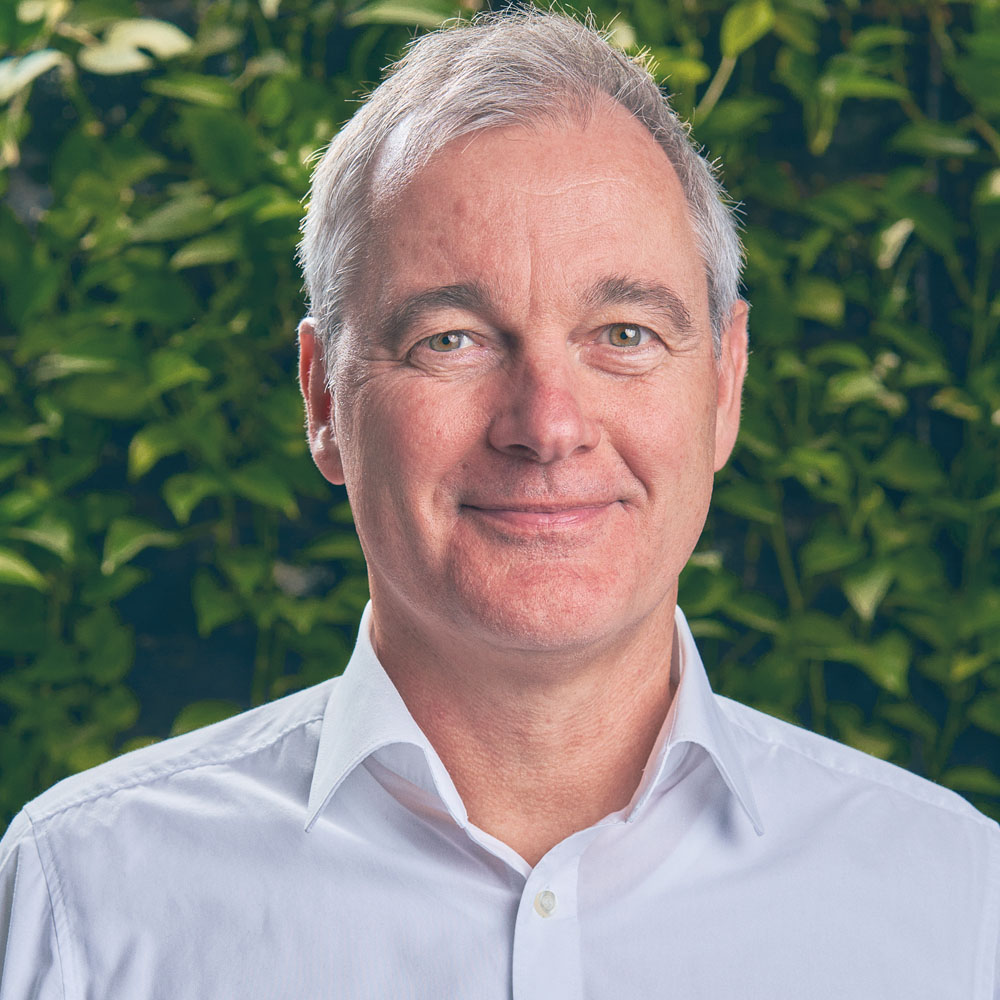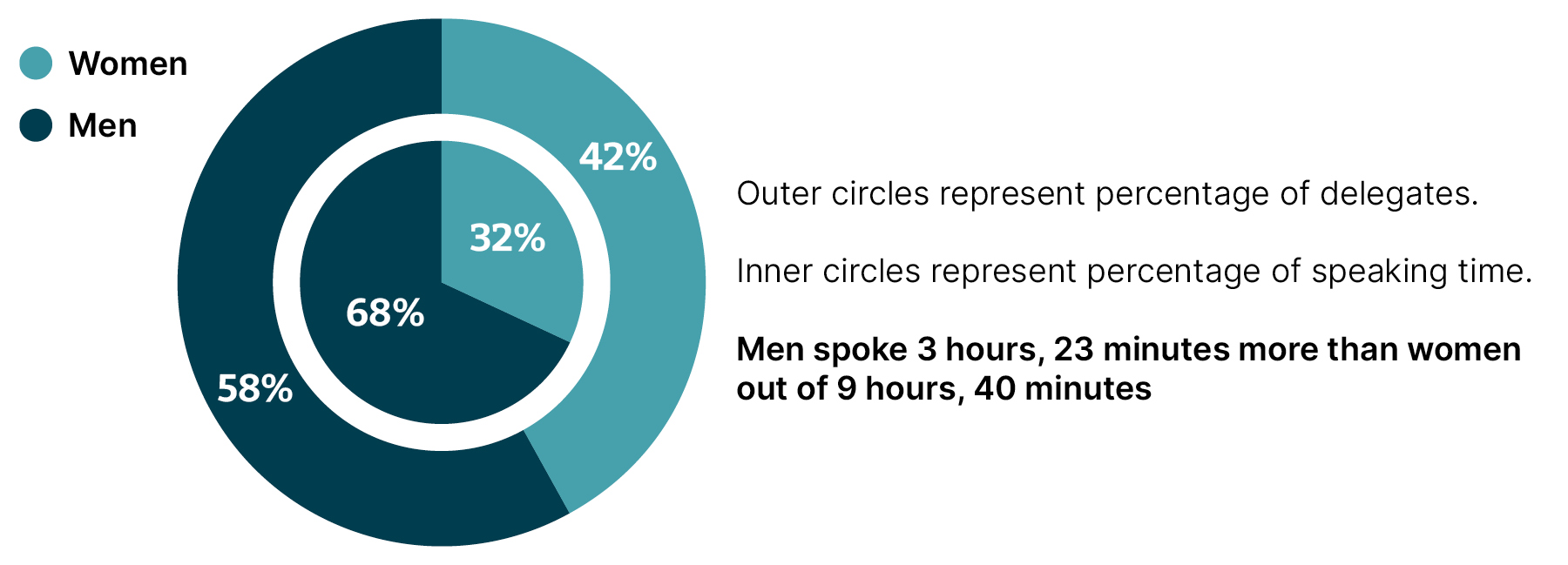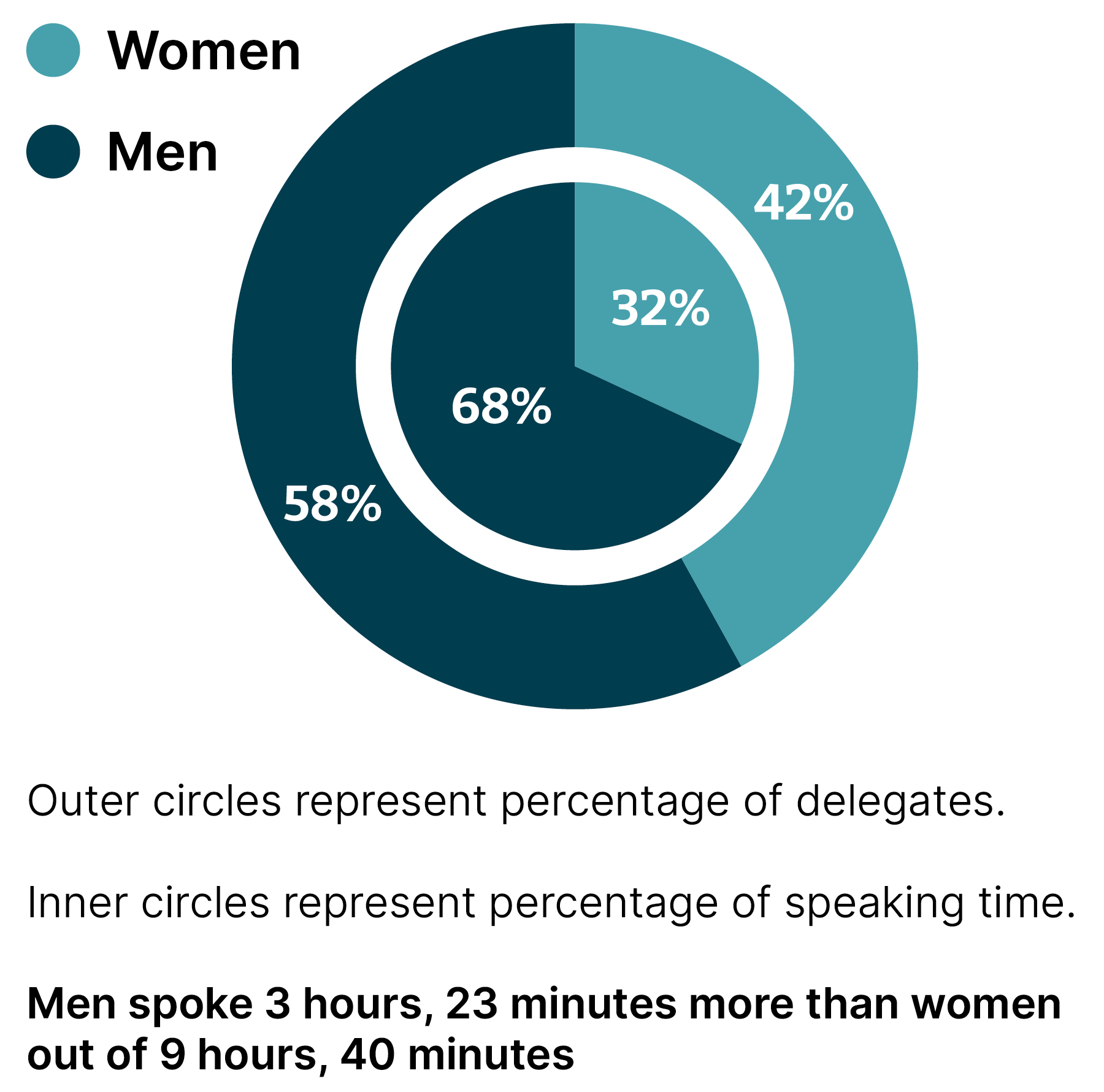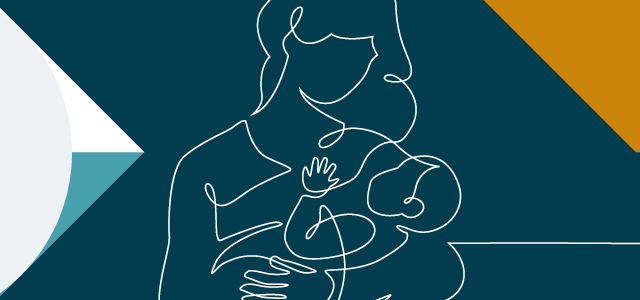Economic and social inequality manifests in different ways, often in the denial of opportunity — whether that opportunity is to receive fair wages; to access basic rights like food, shelter and education; to connect and build solidarity with others in a similar position; or to migrate in search of a more secure life.
As technologists we strive to make our skills and solutions available to social organizations that connect and empower vulnerable groups, and seek to distribute resources more evenly. One example is our work in Ecuador with unions representing domestic and delivery workers — industries dominated by informal and chronically under-protected labor. Our skills and technical contributions have served the National Union of Professional Houseworkers (UNTHA) in their quest to raise awareness of labor rights and provide legal advice, through apps the workers themselves had a major hand in designing.
Russia’s invasion of Ukraine and consequent flow of refugees has thrown a spotlight on the injustice that accompanies migration and the treatment of displaced people. This is just one example of a constantly unfolding crisis in different parts of the world as people flee conflict or devastation, or seek a better life for their families.
In recent years we have provided sustained support to organizations responding to immediate refugee needs, laying the foundations for a more humane, equitable approach to migration long term. Often we support in ways that are unseen and for which it can be hard to secure funding. For instance, in 2021 we created a contact management system, so that one of our partner organizations, a social movement concerned with refugee support, can now keep track of their contacts in a way that preserves privacy and is GDPR compliant. Recently, in support of specific Ukraine humanitarian relief efforts, we have been working on the development of a secure database that links volunteers with grassroots groups and projects concerned with refugee welfare. We have also provided technical and process recommendations to partners aiming to ensure more migrants survive the perilous journey across the Mediterranean to Europe.

“The growing support needs for people fleeing the conflict in Ukraine has underlined how difficult it is to scale resources in response to an emergency. This has prompted us to look more deeply into the possibilities of access to tech for grassroots organizations. Tech that is open source and can be easily deployed in reaction to a humanitarian crisis, as well constantly maintained rather than only at flash points. Our goal is to create something customizable that can be deployed by any organization, as a proactive step to build capacity for future crises.”
Peter Buhrmann
Managing Director, Europe, Thoughtworks
A more inclusive global conversation
Digitalization has driven unprecedented expansion of health and other services into areas where they were previously limited or unavailable. But many of these services, and the underlying technologies, are designed primarily for English language users, which can marginalize or exclude billions of speakers of other languages. In few places is this divide as apparent as in India, which is home to over 100 languages and where millions still struggle to access technology.

"Exponential change multiplies and triggers more change. Technology is a force multiplier, a springboard that can help a country jump development stages. We believe tech will allow India to leapfrog decades ahead. We are humbled to participate in this voyage through our contributions to Health and AI/ML based Digital Building Blocks."
Vinod Sankaranarayanan
Head of Digital Public Goods, Thoughtworks
Collaborating with educational foundation EkStep, our scientists and developers have created Sunbird Vakyansh, which addresses this gap by building data resources and modeling to support speech-to-text in multiple Indian languages. This paves the way for more non-English speakers to engage, transact and secure healthcare, payment and other key services digitally. Vakyansh is part of the open-source Sunbird platform of learning and development tools, which is a Digital Public Good. Along with our open-source projects in the health sector, Epirust and Bahmni, Vakyansh (funded by Ekstep) underpins our membership in the Digital Public Goods Alliance, which recognizes organizations using open-source to promote equitable access to digital services.



A similar focus is evident in Australia, where, as a part of our ongoing commitment to First Nations rights and reparations, we worked with language researchers and communities on growing the open-source Jila framework. It helps speakers of traditional languages like Gooniyandi build mobile apps to preserve language and culture for future generations, encouraging current generations to learn. The demonstration of continued connection to culture and language is a powerful tool for First Nations peoples to gain legal recognition of their right to their lands.
Beyond language, technology can also be used to critically examine who gets to speak in the corridors of power. We are proud to partner with Women at the Table, a Geneva-based civil society group that uses data to expose the reality of inclusion of women, youth and Global South voices. Together we have built an AI-powered app that analyzes who is in the room and who has the most airtime — and their relative influence — at major international events like the Paris Peace Forum and COP-26. The solution sheds light on how paper commitments to attendee diversity stack up against the reality — and as with Vakyansh and Jila — we see significant potential to expand its data resources and capabilities in exciting new ways.
A 2021 global science and technology conference: Gender distribution summary


Speaking time by topics
Which topics do women and men most discuss in the fora?
Is there relatively equal speaking time on both "hard" and "soft" topics?


Supporting organizations focused on eliminating hunger
Ensuring more equitable access to food can be less a question of resources than logistics, especially with needs constantly changing, supply chains under pressure and conflict at times complicating the delivery of resources to vulnerable populations.
The Felix Project tackles both food waste and food poverty in London by mobilizing a network of volunteers to collect surplus food from suppliers and deliver it to over 1,000 local charities and schools. They were determined to upgrade their planning and routing system after facing a fivefold increase in collection and delivery requirements. Our Social Change Lab worked with the Felix Project team to review its routing solution and identify possible improvements, focusing primarily on user feedback since early interactions indicated driver engagement with the solution was limited.


The exercise resulted in a shortlist of recommended enhancements and viable new solutions to offer drivers technology better suited to their skills and real-world conditions. It will also boost Felix Project’s ability to track its network and optimize routes on the fly, underlining the importance of user experience in making technology decisions.
One of our long-term partners, a large global humanitarian organization working on food security, asked us to assess its main beneficiary and transfer management platform. The platform is a complex and crucial resource that touches on virtually all aspects of our partner’s operations, including beneficiary registrations, intervention setups and distribution planning. Our team conducted a thorough review of its technical and business capabilities, codebase management and architecture to identify potential barriers to modularizing and potentially rewriting the underlying codebase. This will make it easier to scale and repurpose the platform to meet demands as they evolve.

Enabling services to those in need
We forged close and productive alliances over the past year with a number of organizations directly tackling social inequalities by delivering advice and services to vulnerable and at-risk populations.
ProUnitas, an education-focused nonprofit in Houston, Texas, sought our help to enable the rapid expansion of its PurpleSENSE platform. The platform connects students facing challenges to support services like counseling and food assistance, while reducing the administrative burden that all too frequently accompanies aid requests. The expansion took PurpleSENSE mobile, allowing student support teams to turn to the solution on the move and further accelerate response and intervention times, which the platform has already helped reduce by some 90 percent. By freeing staff to meet students in a wider range of locations while remaining fully compliant with privacy and security standards, the mobile version of PurpleSENSE will play an important part in the expansion of the solution to more than one million students during the next decade.
Working with a similar purpose on a nationwide scale, Citizens Advice came to us for help improving the user journey for their clients. Citizens Advice is an independent organization that provides UK residents confidential information and assistance on issues such as employment, debt and housing. Over the last year alone, they have helped 2.45 million people (one-to-one), many from marginalized populations who would struggle to access such services any other way. Citizens Advice provides services via their network of local offices across England and Wales and partners with hundreds of other organizations, with some of its clients requiring referrals to several at once. This complexity and the need to protect sensitive information can create stumbling blocks for clients seeking help. We are working with the organization to enhance the inbound referral process to remove some of these barriers and enhance the customer experience and overall efficiency.
Citizens Advice in numbers


In Germany we’ve worked closely with Brückensteine, a collective impact initiative focusing on reducing the risks faced by an often overlooked group – young adults leaving the foster care system – to identify optimal opportunities for positive intervention. As they tend to lack the support systems of peers in their age group, many ‘care leavers’ are particularly vulnerable to mental health issues and other challenges, and can struggle to successfully integrate into society.
Through a series of workshops, we zeroed in on a particular problem that confronts many such people immediately on their release from care: finding and managing the legal processes to secure accommodation. With Brückensteine we set about gathering information that could ease this transition and began to think through presenting it in a way that would encourage its use. The resulting app is now in development.
Explore all chapters
Introduction: Sustainability, solidarity and service
Chapter one: Responsible tech and innovation
Chapter two: Beyond diversity
Chapter three: Inclusivity and social justice
Chapter four: Sustainability and climate action
Chapter five: Healthcare as a human right
Chapter six: Education
Chapter seven: Operating with integrity























